Is Your Winery Software WORKING AS HARD AS YOU DO?
How much time are you and your employees spending elbow-deep in spreadsheets? How many times a day are you cursing your disparate winery software systems and platforms because they are giving each other the silent treatment? How much of your time is getting sucked away while you hunt down accurate data? In this article, we’ll talk about how ERP (enterprise resource planning) can alleviate these pain points and the top features you should make sure your ERP solution brings to the table.
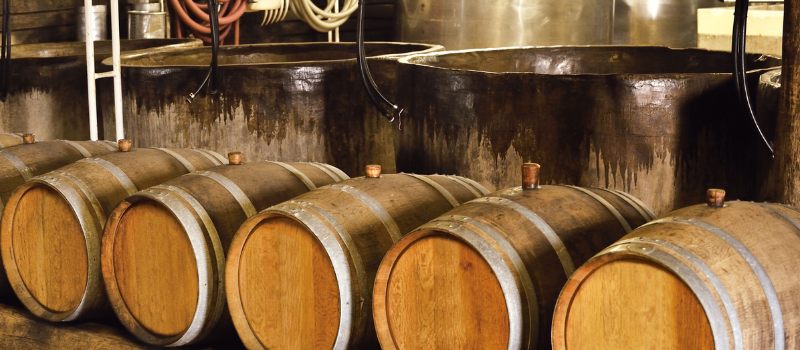
According to a 2022 LinkedIn poll by NetSuite, winemakers the world over share very similar pain points. Seventeen percent of the winery professionals polled decried the difficulty in finding accurate data. Nineteen percent denounced the use of too many spreadsheets. And a whopping 60% cried to the heavens about the lack of integration between systems.
ERP winery software can be the silver bullet to dispel these data demons. By automating tedious, repetitive processes, streamlining administrative functions and providing deeper, real-time visibility across all aspects of your wine business, the right ERP system can get all your data and operations unified across locations and currencies.
But, not all ERP solutions are created equal — there are some key features that you should expect from your ERP winery software that will reduce those pain points and let you focus on your wine quality and your customers.
Top 10 Winery Software Features
Sales & CRM
Managing customer information, leads and prospects is the meat and potatoes of your business. A solid CRM functionality should be at the heart of your ERP system — giving you insight into sales activities, expected orders and pipeline status.
Compliance
Managing compliance activities including TTB reports, excise tax credit filing and label requirements can be a thorn in the side of wineries both large and small. An ERP worth its salt is going to be able to automate the compliance and reporting process — letting you get back to making wine (and generating revenue).
Accounting & Finance
The problem with a lot of the winery software out there is that they frequently offer “production” solutions only. This is the root of the biggest reported pain point for winemakers — trying to maintain efficiency while running clunky disparate systems. An industry-specific ERP ensures that accounts payable and receivable reside in the same ecosystem alongside production, maximizing visibility and minimizing the headache of reconciling multiple platforms.
Inventory & Warehouse Management
Managing your winery’s warehouse locations, stock levels and demand and supply plans in a single platform streamlines inventory and warehouse management processes. Optimize ordering efficiency, minimize waste and ensure that you have the right raw materials and packaging at the right time.
Winery Production
This is where your heart is at — making the wine that is not just your business, but your passion. From vineyard to bottle, systemizing the manufacturing process with maximum visibility and insights into key data means accurate costing reports, streamlined production and a better ability to make plans for the future.
Supply Chain
Developing an efficient supply chain is critical to ensure your production levels are optimized and that inventory and packaging is available as and when you need it. Make sure your winery software has the chops to control ordering, receiving and demand and supply requirements.
Reporting & Analytics
This is another area where your valuable time gets monopolized. Digging through spreadsheets or reconciling multiple platforms to generate reports and having to reinvent the wheel over and over is egregiously inefficient. Your ERP can automate regular reporting, track progress toward business goals and help you have your ducks in a row when it comes to meeting financial and operational compliance obligations.
QA/QC & LIMS
Wine is a science! As you experiment with blends, fermentation methods and perform tests for compliance and certification goals, your ERP should be able to keep up. Use it in gathering data from your lab teams, track timings and readings, generate custom lab reports and have complete visibility on non-conformances or beyond-threshold variations in real-time.
Packing, Shipping & Labeling
You know all too well that making the wine is only part of the battle. Now you’ve got to package your product and get it into the hands of waiting customers. Your ERP should be able to go the distance when it comes to bottling, packaging and managing outbound orders — manage labels, maintain FEFO fulfillment, optimize load and route planning for your delivery system, automate bills of lading creation and more.
Cloud-native
The cloud is king and your ERP should wear a crown.
Gartner estimates that, by 2025, cloud-native platforms will provide the framework for over 95% of emerging digital initiatives. Security, data-retrievability and bandwidth flexibility are just the tip of the iceberg. Cloud computing gives your winery business a modern edge by allowing multiple users to view real-time data, fosters greater collaboration and supports the flexible work styles of a post-Covid age.

Free your business from spiderwebbing spreadsheets and
platform fatigue with an ERP system that was built for your industry and tailored to your business. If knowledge is power, then the visibility and forecasting capabilities you’ll gain with the right ERP solution could take you from steam-powered to cold fusion — streamlining processes and increasing efficiencies across all aspects of your business and preparing you for ultimate scalability.
Sound good? Find out how Crafted ERP's Winery Edition stacks up and read about all the benefits and features that a true end-to-end, winery-dedicated business management solution can bring to the table.
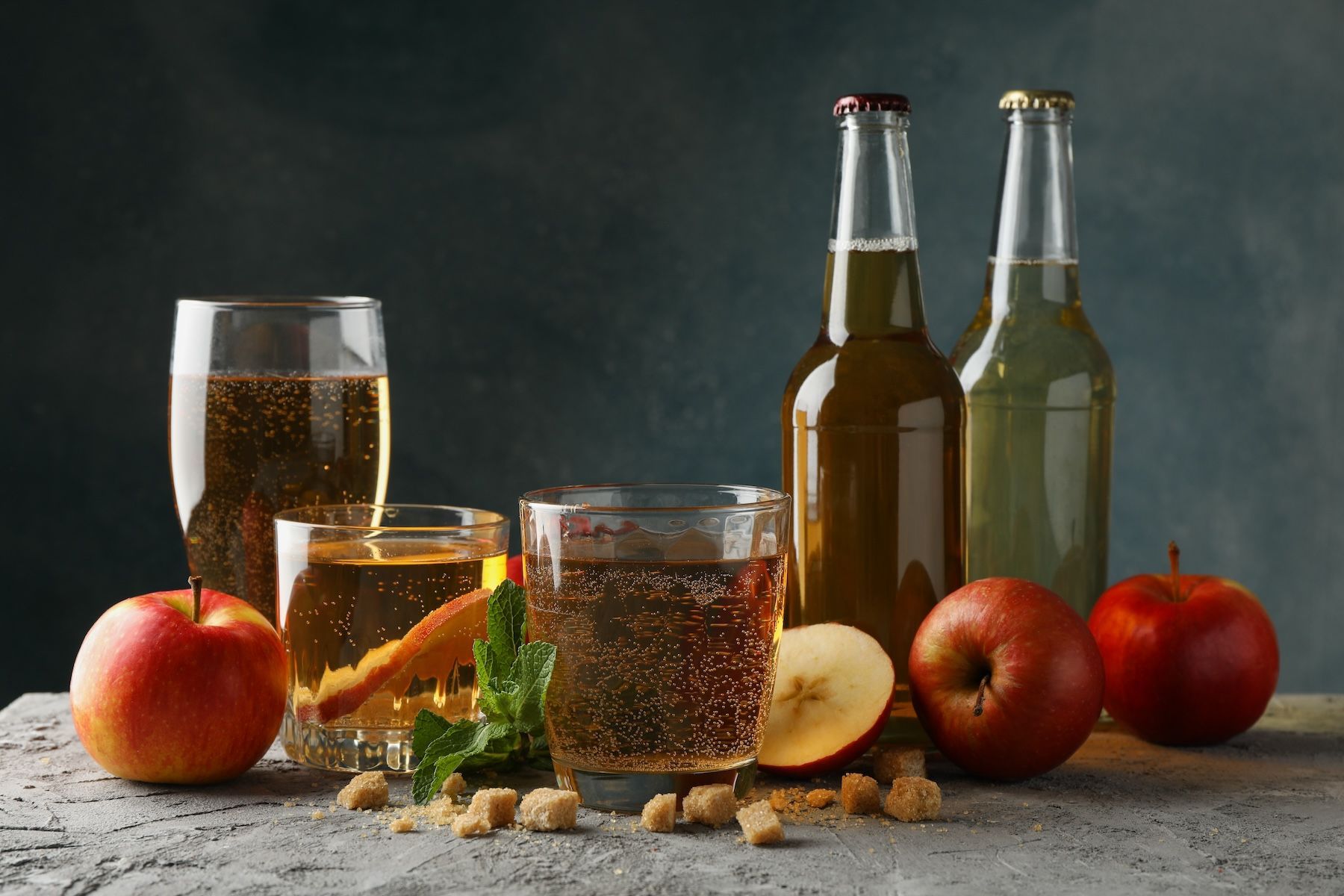
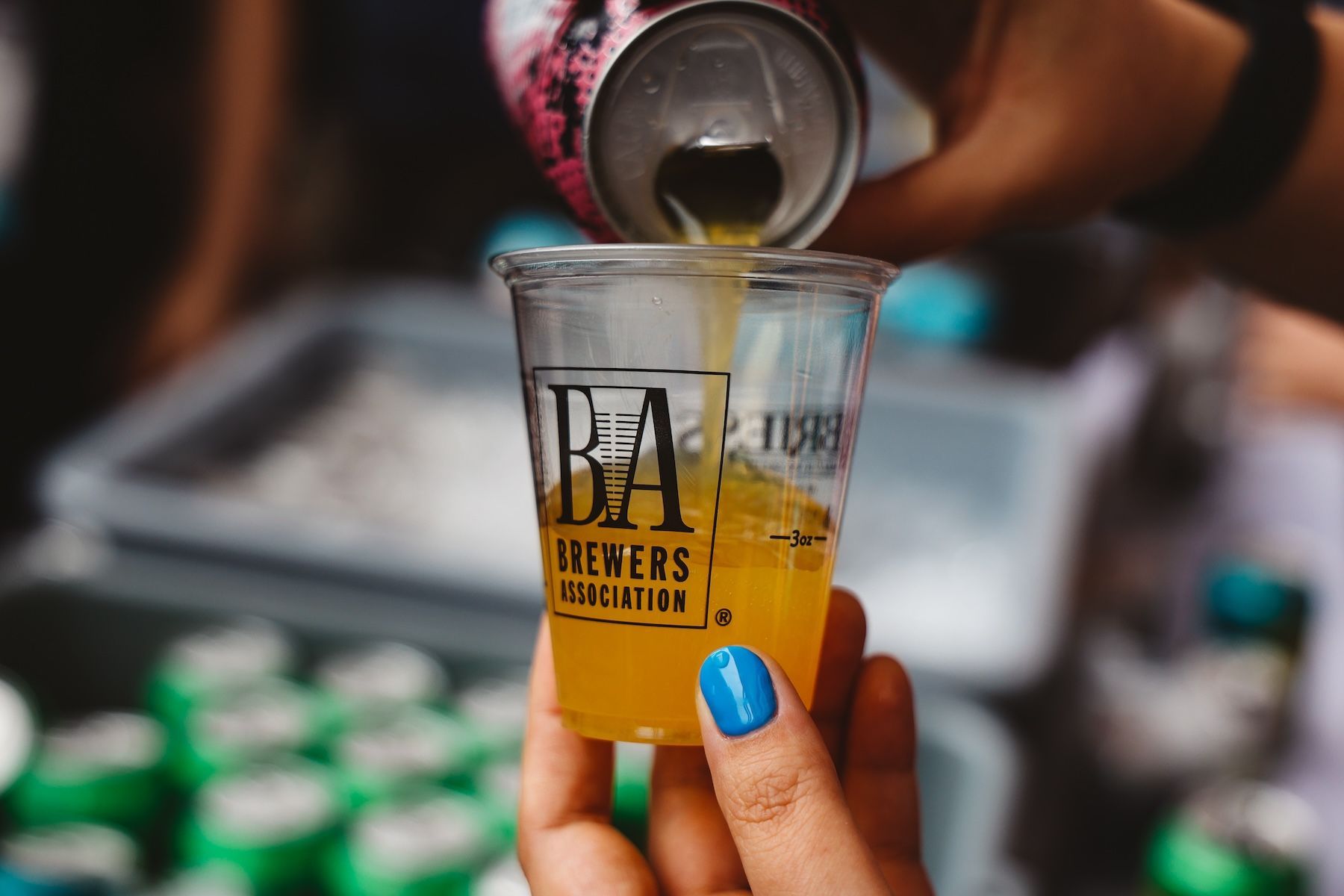

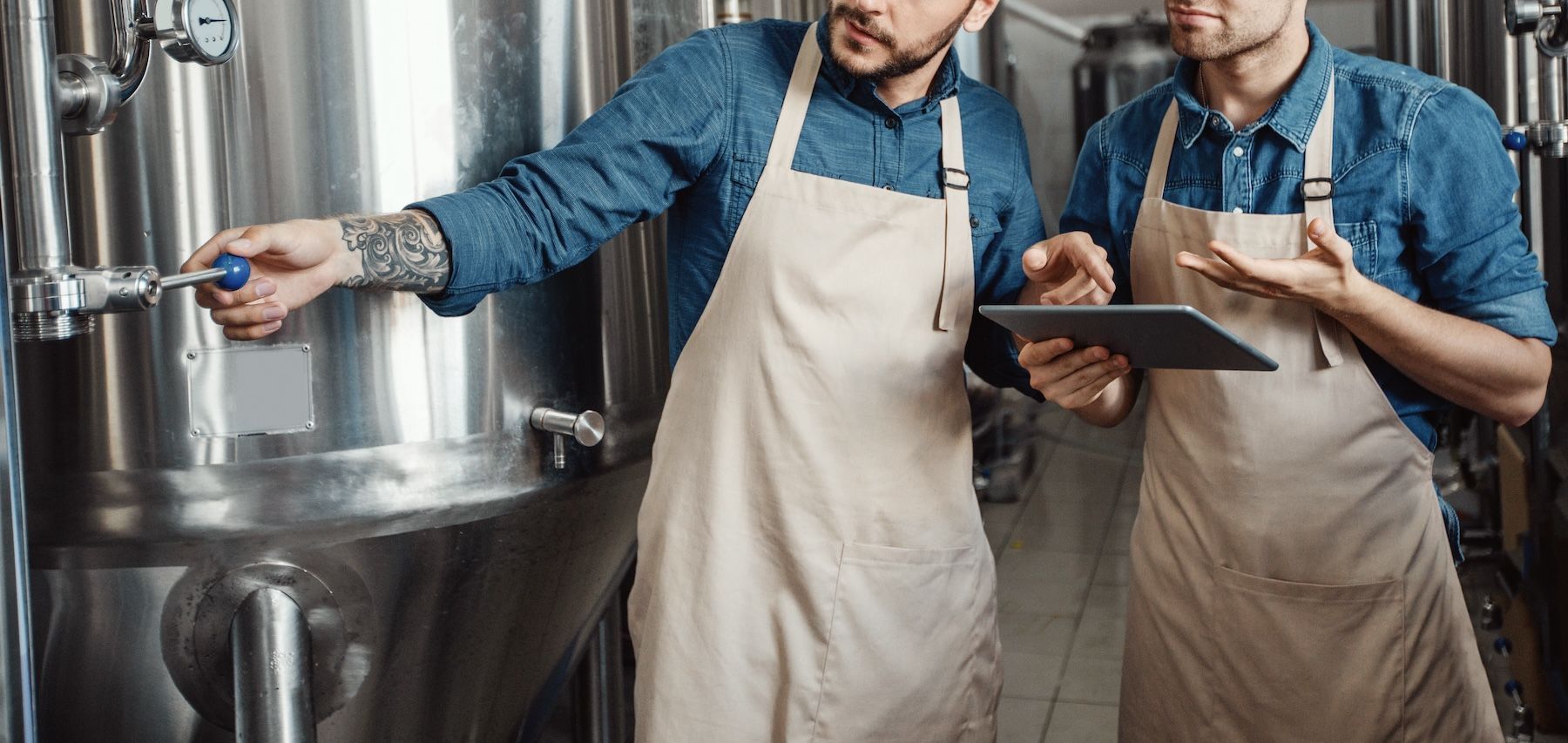
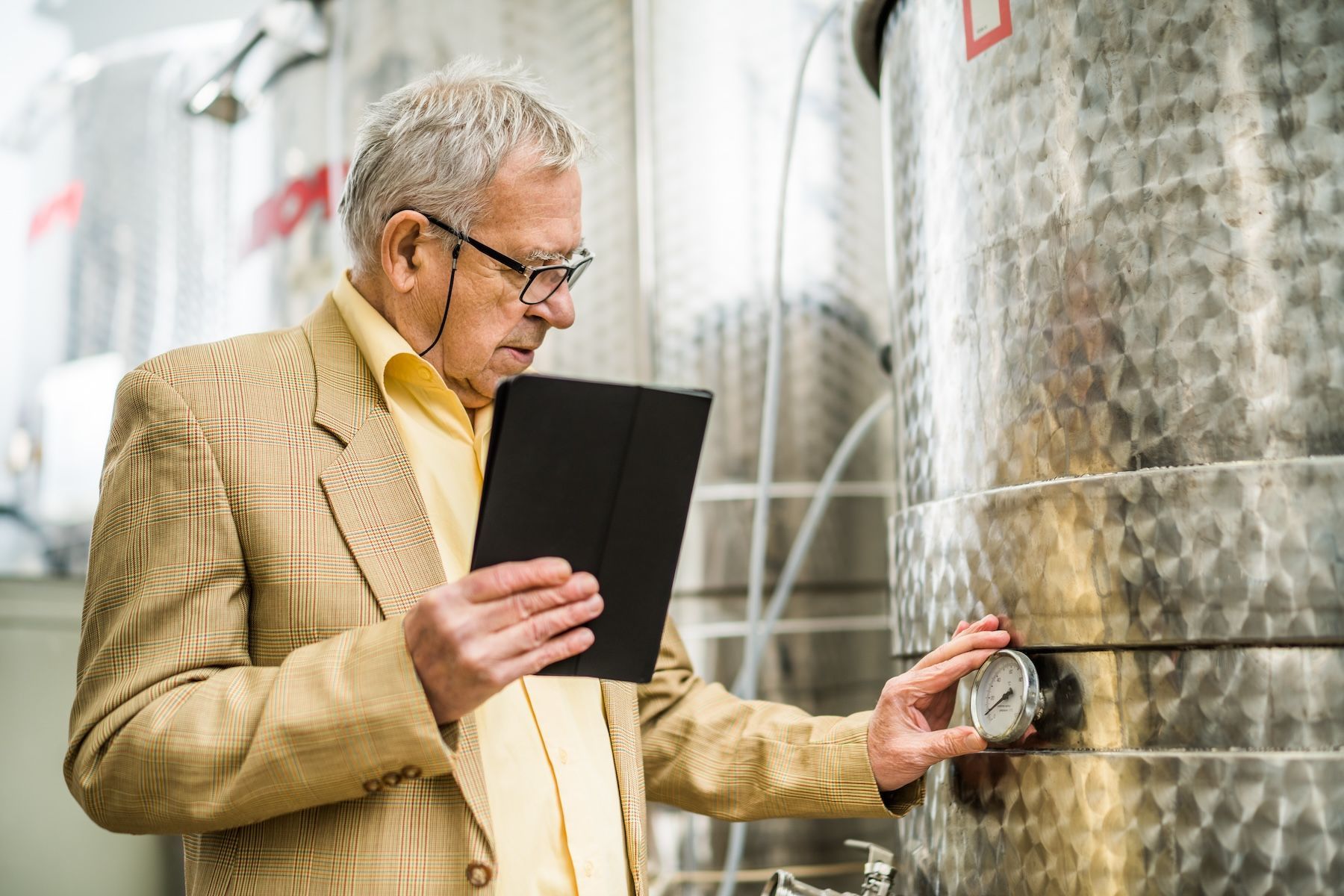


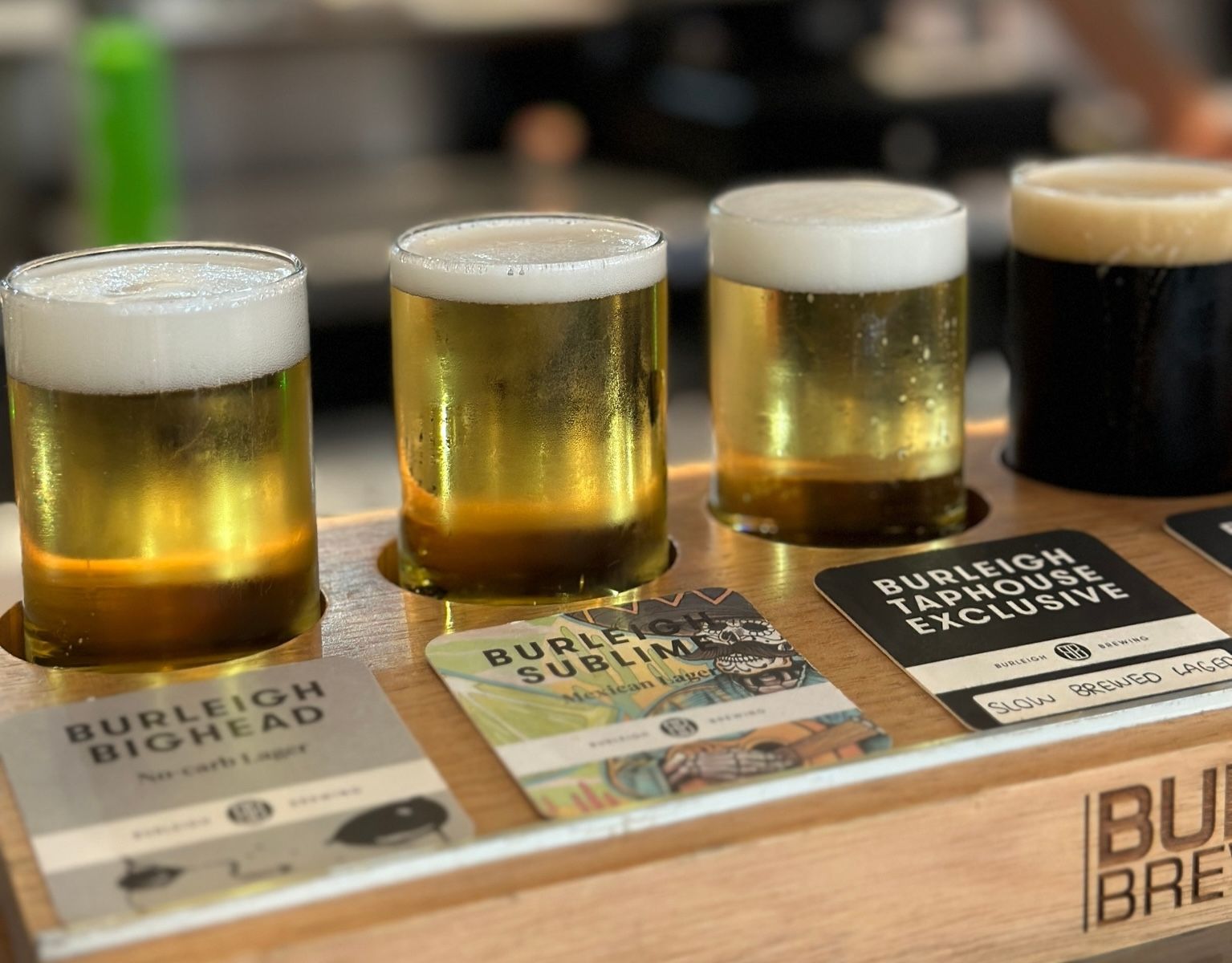
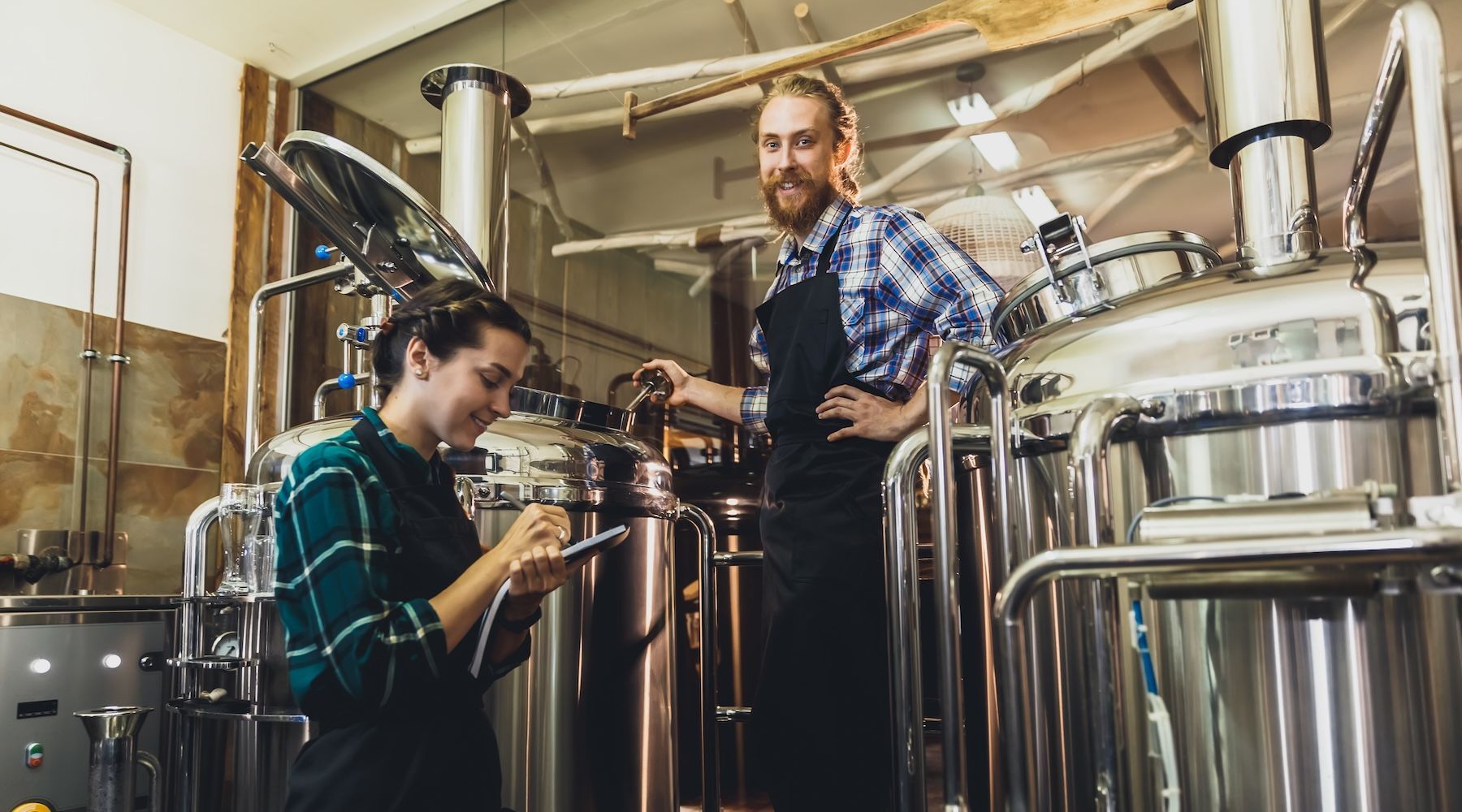

GET IN TOUCH
1512 Larimer Street, Suite #150
Denver, CO 80202
United States
(720) 699-0200
66 Goulburn Street
Sydney, NSW, 2000
Australia
+61 2 9044 1330

